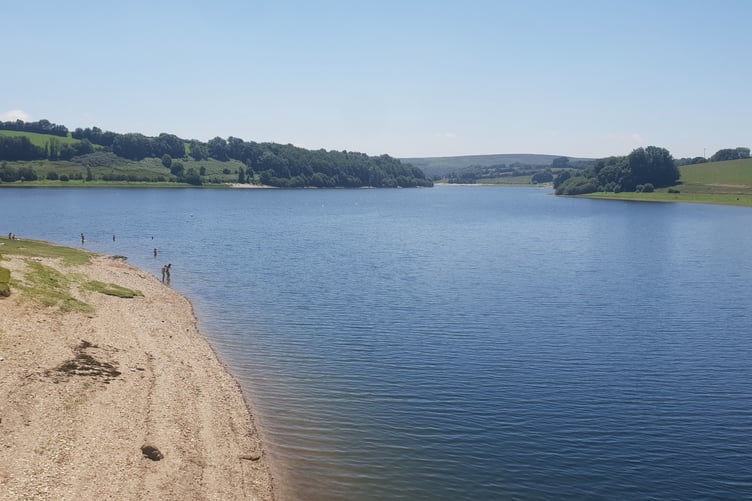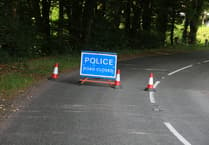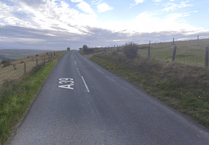THE giant Wimbleball Lake on Exmoor was this week still slightly more than two-thirds full despite the driest spring in more than 130 years.
However, Wimbleball held the second-lowest water level of any of South West Water’s (SWW) 23 reservoirs, with only the much smaller Wistlandpound, on Exmoor’s North Devon border having less.
Parts of England have already seen a drought declared and water use restrictions imposed on residents and businesses, and the Environment Agency convened a National Drought Group meeting last month to discuss the outlook and hear from water companies about steps they were taking to prepare for summer demand.
Drought group chairman Helen Wakeham said: “It has been the driest spring since 1893, and we need to be prepared for more summer droughts as our climate changes.”
Water Minister Emma Hardy said: “We face a water shortage in the next decade.
“That is why the Government is taking urgent steps to secure supplies into the future, as part of our ‘Plan for Change’.
“The Government has secured over £104 billion of private sector investment to fund essential infrastructure, including nine new reservoirs, and to cut leakage by 17 per cent over the next five years.”
A SWW spokesperson said: “We have no plans to introduce a hosepipe ban this summer.
“Thanks to the efforts of our customers and the significant investment we have made, our water resources are in a much stronger position.
“We have invested £150 million to increase and diversify supplies across the region and issued thousands of water-saving devices to help households make small changes with a big impact.
“Hundreds of customers across the South West have been pioneering new tariffs to save money and only pay for the water they use.
“Our reservoirs are in a healthy position, we are ready for summer.”
However, the spokesperson said nobody could control the weather and it was recognised that demand for water rose in warmer months.
They said: “So, everybody should keep using water wisely.
“Simple steps like using a watering can instead of a hose, or taking shorter showers, really do help.
“Whether you are checking bathing water quality before heading to the beach, or exploring our nature-based projects, there are plenty of ways to enjoy the summer while protecting our most precious resource.”
More than 90 per cent of SWW’s supplies come from surface water sources with Wimbleball the third-largest reservoir in the area.
Wimbleball currently stands at 69 per cent full, containing 14,631 million litres of water and with the River Exe provides water to about 220,000 people in the Tiverton, Exeter, and East Devon areas.
SWW last introduced water restrictions in 1996 and was able to avoid them in Somerset even in the drought year of 2022 when Wimbleball plunged to a record low of 17.2 per cent capacity.
The spokesperson said SWW was currently developing its next ‘drought plan’ which it was legally required to have, with consultation due in the autumn and final plan scheduled to be published 12 months later.





Comments
This article has no comments yet. Be the first to leave a comment.